Do you consider yourself to be a science buff? If you do, then you’ll know that science doesn’t involve proving what works. It involves proving what doesn’t work. Known as the scientific method, we use it everyday. You start with a question like, “Will drinking milk make me sick?” Well, there’s only one way to find out. We create a hypothesis and test it. Did it make you sick? Let’s test another kind of milk. Scientists do this all the time. Some questions, however, are still elusive. Either they can’t be tested (metaphysical), or more testing needs to be done. These are 25 Simple Questions Science Still Can’t Answer.

Can we stop aging?
 Source: telegraph.co.uk
Source: telegraph.co.uk Actually…what is aging? And why do we do it? The general consensus is that aging involves the gradual molecular damage building up over time. (Although, even that is up for debate.) Regardless of the cause though, the million dollar question is – can we stop it?
Is biology universal?
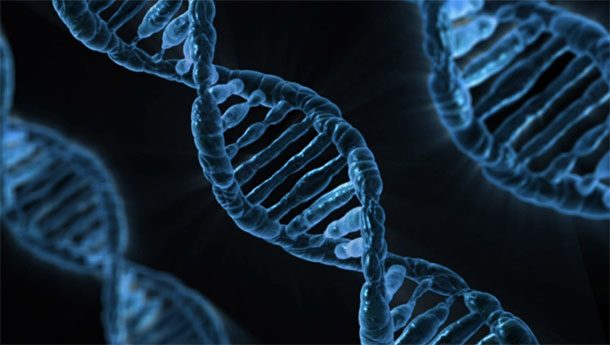 Source: cnn.com
Source: cnn.com So while physics and chemistry appear to be the same across the universe, scientists still aren’t sure whether the rules of biology would extend to lifeforms on other planets. For example, would those lifeforms be based on the same molecules as us? Or might they be based on something totally different…like silicon?
Is there purpose or meaning behind the universe?
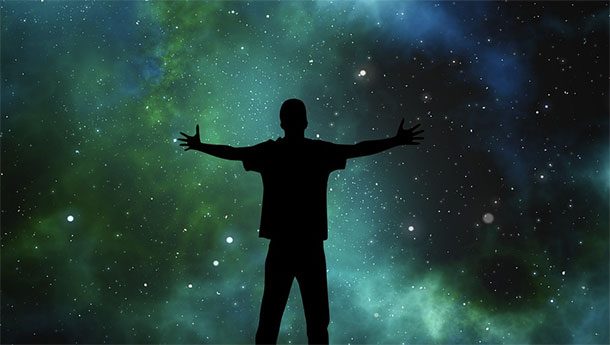 Source: economist.com
Source: economist.com For most of history, science has wisely left this question to the realms of theology and philosophy.
Can we support the Earth's population in the next century?
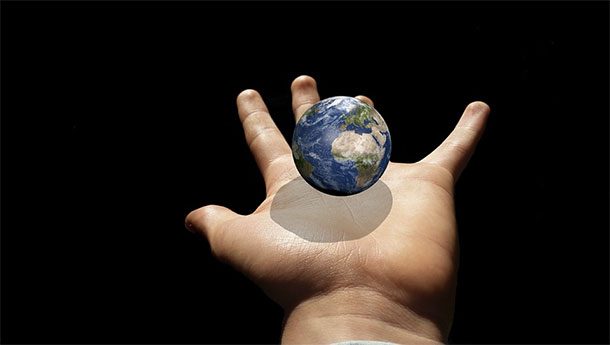 Source: howstuffworks.com
Source: howstuffworks.com This question has arisen several times before in history, notably prior to the Industrial Revolution. Many politicians and analysts thought that it would be impossible to support so many people. Of course, the railroad, electricity, and industry proved them wrong. The question has come back to haunt us, though. Now can we find another solution?
What is music, and why do we have it?
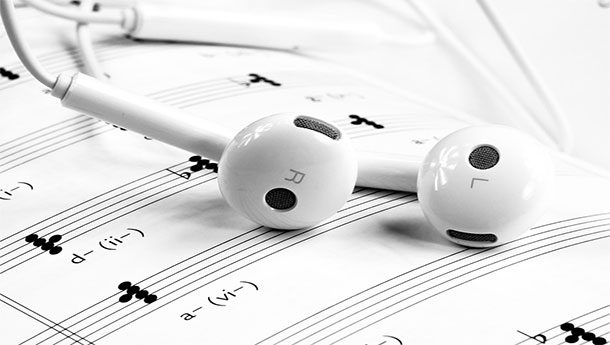 Source: howstuffworks.com
Source: howstuffworks.com Why should we find pleasure in listening to various combinations of vibrations at differing frequencies? Why did people develop this ability to create it? And what purpose does it serve? One hypothesis is that it aids with sexual reproduction, much like a peacocks tail. But as of yet, this is only a hypothesis, not a theory.
Will lab grown fish be a thing?
 Source: businessinsider.com
Source: businessinsider.com And could it solve both world hunger and over-fishing? So far the answer seems promising, but we have to wait and see.
Will we ever be able to predict the future of economic and social systems?
 Source: wsj.com
Source: wsj.com In other words, will economists ever be able to accurately predict financial meltdowns? As of yet, an answer seems unlikely. (Despite what the media tries to tell us.)
Nature vs Nurture
 Source: psychologytoday.com
Source: psychologytoday.com The age old debate of whether your upbringing or your environment influences you more just never seems to end.
What is life?
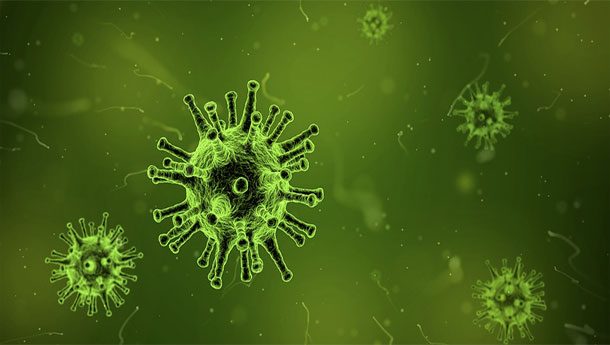 Source: popularmechanics.com
Source: popularmechanics.com We have several definitions, but how do you determine whether something is alive? Well, it’s surprisingly difficult. For example, at what point will computers become “alive”? Are viruses alive? Science still doesn’t have answers for this.
Will we ever successfully complete a brain transplant?
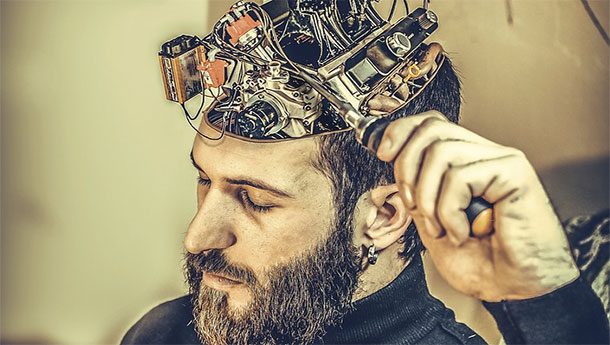 Source: economist.com
Source: economist.com We can replace your limbs, but how about your brain?
Free will?
 Source: scientificamerican.com
Source: scientificamerican.com Do you have it? Have all your actions been pre-destined since the first atoms sprung into motion? Quantum mechanics has led to some interesting conclusions here for proponents of both sides. We may never know how free we are…
What is art?
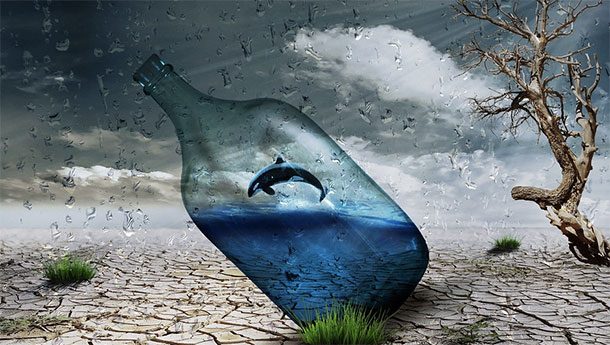 Source: howstuffworks.com
Source: howstuffworks.com Despite Tolstoy taking a stab at the answer, scientists still question why it is that we find “beauty” in patterns, shapes, and colors. What purpose does art serve, and why does it exist in the first place? Actually…what is beauty?
Did we discover math?
 Source: howstuffworks.com
Source: howstuffworks.com Or did we invent it? Many of the things we’ve mentioned depend on math. Chemistry, physics, music, art…it’s all numbers and patterns at the end of the day. But what came first? Is the universe necessarily ordered? Why did things fall into place the way they did? More simply, would an alien civilization understand the mathematical concepts we have developed?
What is gravity?
 Source: https://captaincreps.com/
Source: https://captaincreps.com/ We know that gravity attracts objects to each other, but why? Some scientists have even proposed things like gravitons to explain the phenomenon.
Why are we here?
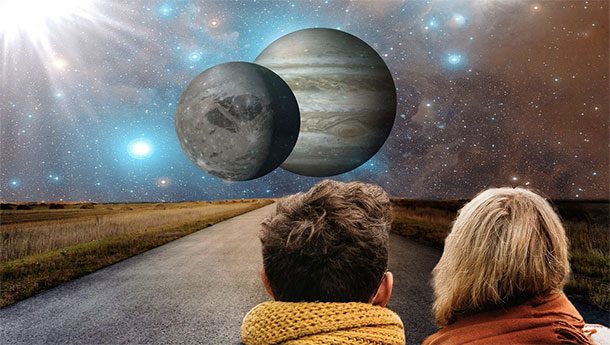 Source: bbc.com
Source: bbc.com So we know that the Big Bang happened. But why did it happen?
What is consciousness?
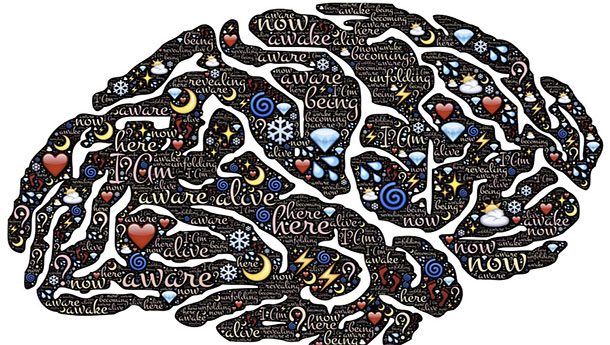 Source: psychologytoday.com
Source: psychologytoday.com It is surprisingly hard to figure out the difference between consciousness and unconsciousness. From a macroscopic perspective it seems easy…one is awake, the other isn’t. But on a microscopic level, scientists are still trying to figure out what the difference is.
Why do we sleep?
 Source: psychologytoday.com
Source: psychologytoday.com We used to think it was to rest and regenerate. However, our brains are actually just as active when we sleep, if not more so. Also, we wouldn’t need 8 hours of minimal movement to recover from the activity of a day’s work. In fact, we wouldn’t really need to sleep at all. Our muscles and cells can recover while we are awake.
Are we alone?
 Source: nasa.gov
Source: nasa.gov By pure statistical modeling, it seems unlikely (maybe even impossible), for us to be alone in the universe. The question is, how do we find these other life forms, and if we did find them…would we even recognize them as life? What if they were massive inter-stellar clouds?
Where is all the matter in the universe?
 Source: nasa.gov
Source: nasa.gov If you take all the stars and galaxies in the night sky, they only account for less than 5% of the mass-energy density of the universe. Dark matter and dark energy account for more than 95% of the universe. That’s right, we can’t see most of what’s out there. So how do we know it exists? Because of its affect on the visible matter.
Will we ever be able to predict the weather?
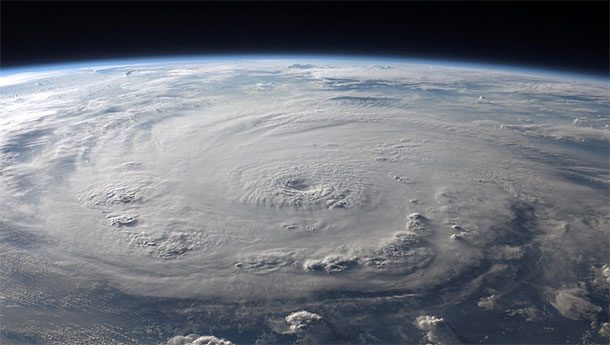 Source: nationalgeographic.com
Source: nationalgeographic.com The weather is notoriously hard to predict. It depends on local geography, humidity, air pressure, etc. Just a bit of humidity over one patch of forest can completely change today’s weather, which will completely change tomorrow’s weather, etc.
Note: if you’re wondering how scientists can predict climate change but not weather, consider that climate is the average condition, while weather is the actual condition. This pattern is quite common in everyday life. While we can predict that your life expectancy (average condition) will be longer than your grandparents, we cannot predict exactly when you will die (actual condition). Similarly, we cannot predict the exact temperature in New York City on January 1, 2030 (actual condition), but we can say that it will probably be colder than it is on July 1, 2030 (average condition).
Ethics
 Source: cnn.com
Source: cnn.com What is right and what is wrong? Although humans seem to have some sort of innate tendency to classify behaviors into ethical categories…why? What is murder? Is it ever right to kill? How about steal? And why is eugenics, survival-of-the-fittest, or human experimentation so repulsive? In fact, what even is repulsion? Ironically enough, although ethics remains critical to science, it also remains fundamentally separate.
Where does language come from?
 Source: theguardian.com
Source: theguardian.com When humans are born, they seem to already have an empty template for language. It’s almost as though they were expecting to learn it. Verbs, nouns, prepositions…depending on the language, they simply fill in the framework. In fact, this proto-language even has a name – mentalese. This, however, raises an interesting and as of yet unsolved question…why?
Who are you?
 Source: bbc.com
Source: bbc.com Remember the brain transplants? So if we downloaded all the information in your head and built a computer program out of it, would that still be you? Or if we replicated every atom in your body perfectly…would that be you? Or would it just be some sort of super twin? As with many things on this list, scientists are still unsure because they haven’t been able to test them.
What is death?
 Source: scientificamerican.com
Source: scientificamerican.com There is clinical death when your heart stops beating. You can come back from that. Then there is biological death. This is when you start degenerating. But is there a sharp line between the two? At what point is it too late to bring someone back? This question is intimately related to the question of “what is life?”
What happens after you die?
 Source: cnn.com
Source: cnn.com Perhaps not surprisingly, this falls more into the realm of philosophy and theology than science. That’s not to say, though, that scientists still have questions.
Lists Going Viral Right Now
Featured Image: pixabay (public domain)
25-1. pixabay (public domain)



























